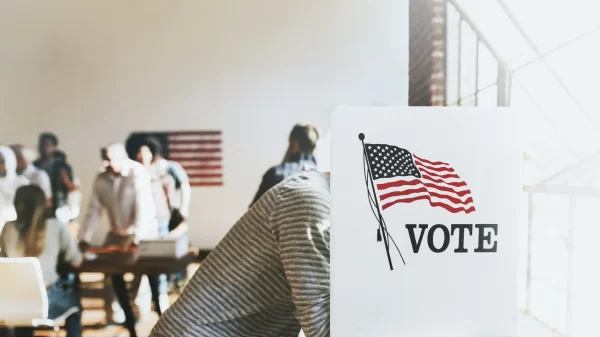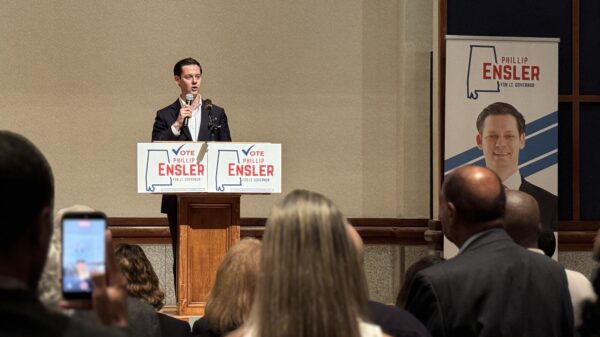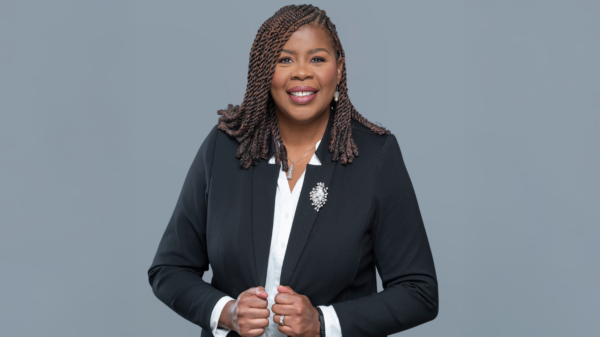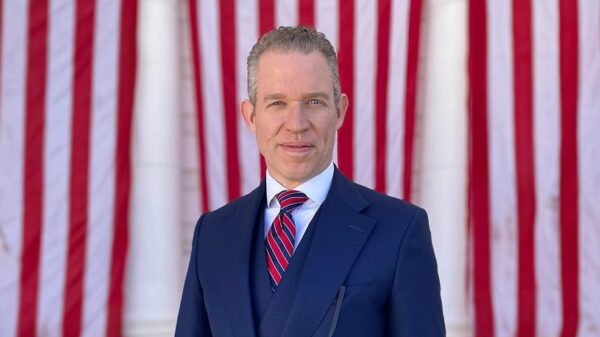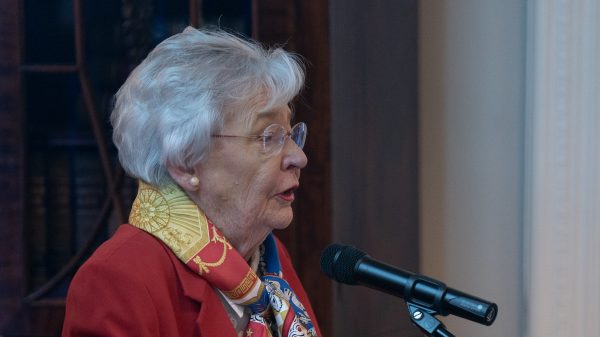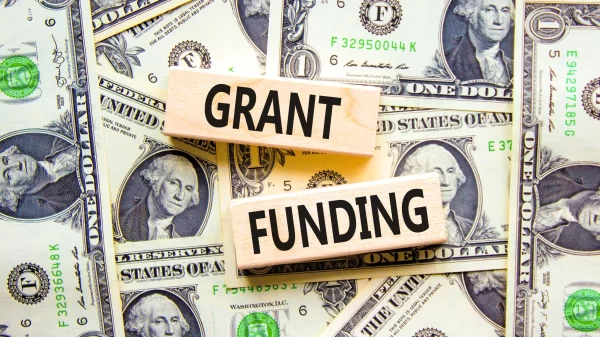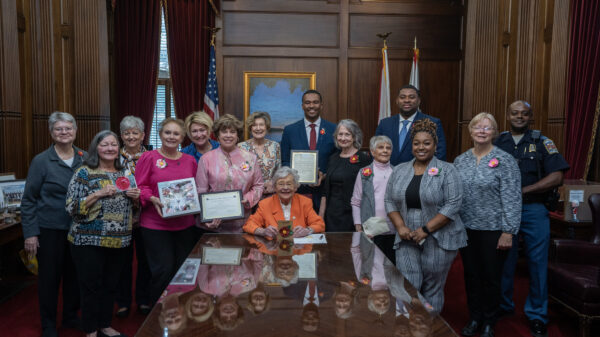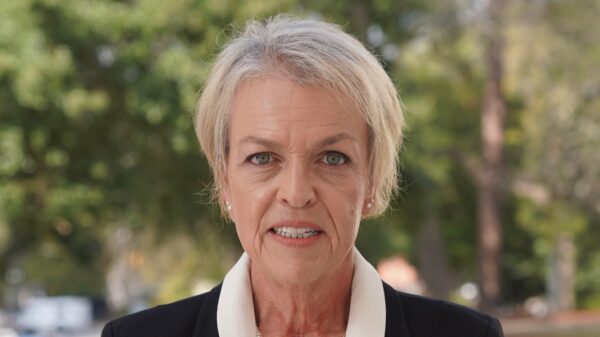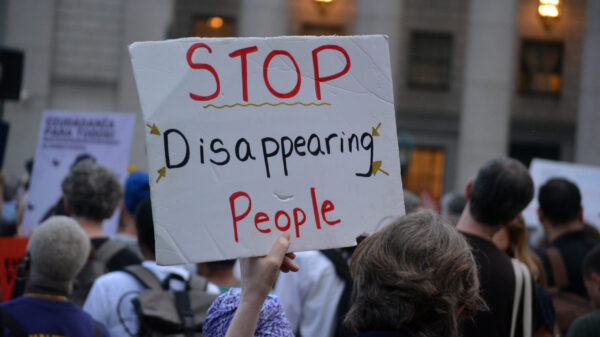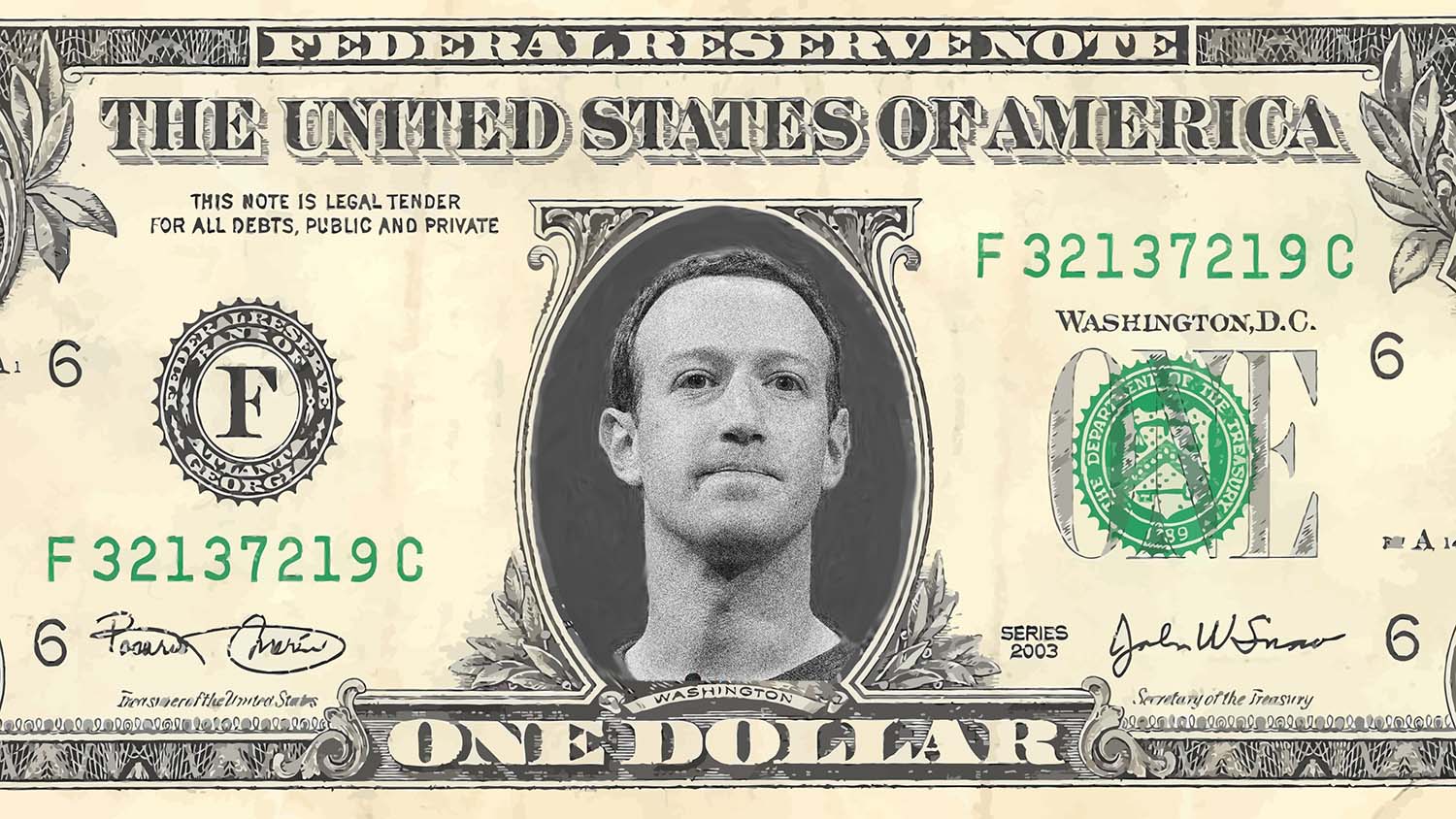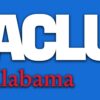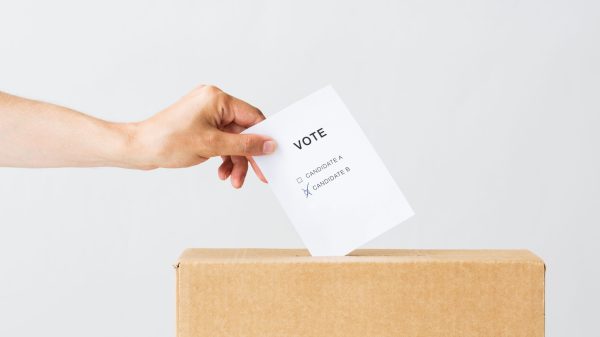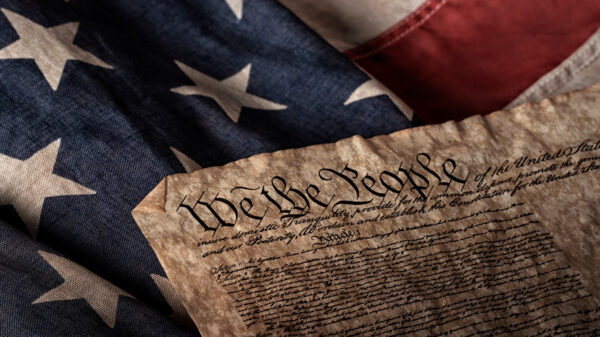The Alabama House of Representatives on Thursday passed a bill prohibiting the use of private donations to fund election expenses.
HB194, sponsored by Rep. Wes Allen, R-Troy, would make it a misdemeanor for public election officials to “solicit, accept, or use any donation in the form of money, grants, property, or personal services from an individual or a nongovernmental entity for the purpose of funding election-related expenses or voter education, voter outreach, or voter registration programs.”
The bill passed 72-28 along party lines after Republicans voted to end debate on the bill.
“Today is a great day for Alabama voters,” Allen said. “No individual or group should be able to purchase the equipment that operates our elections. Nobody should be able to buy the ballots or to pay the salaries of election officials. Today’s vote was a major step to ensuring that never happens in any future Alabama election.”
The bill is a direct response to a series of grants funded by Facebook CEO Mark Zuckerberg in 2020. Zuckerberg channeled $350 million though nonprofit organization Center for Tech and Civic Life to election offices across the country.
The seven counties that received funds are Bullock, Dallas, Hale, Jefferson, Macon, Montgomery, and Wilcox. All seven of them were won by Joe Biden in 2020.
The League of Women Voters of Alabama hosted a press conference involving several voting rights groups Tuesday calling the bill a “direct attack on grassroots organizations” and a “perpetuation of white supremacy.”
Kathy Jones, president of the League of Women Voters of Alabama, said the concern is that the bill also bans public election officials from accepting “personal services from an individual or nongovernmental entity for the purpose of funding election-related expenses or voter education, voter outreach, or voter registration programs.”
“In the strictest terms, in the strictest interpretation, you could say, well, we can’t sit with an elected official and help them…” Jones said. “But what we’ve also experienced is when you start putting language in a bill, in the law, that makes it seems like there could be that you could be committing a misdemeanor or a crime … then you’re going to start seeing a chilling effect.”
Rep. Laura Hall, D-Huntsville, attempted to introduce an amendment removing the term “personal services” from the bill, but was not allowed because Republicans had already ended debate.
The bill is similar to legislation passed in at least eight other states in response to the 2020 “Zuckerbucks” grants.
“All elections expenses in every election in every county in Alabama have always been entirely funded by the government and no aspect of those elections has ever gone unfunded,” Allen said. “There is absolutely no legitimate reason for anyone to have the chance to “buy” any aspect of the ballots, equipment or people that are involved with the administration of our elections.”
The bill now heads to the Senate for consideration.

